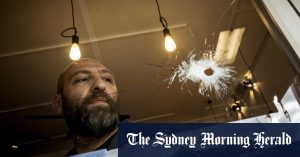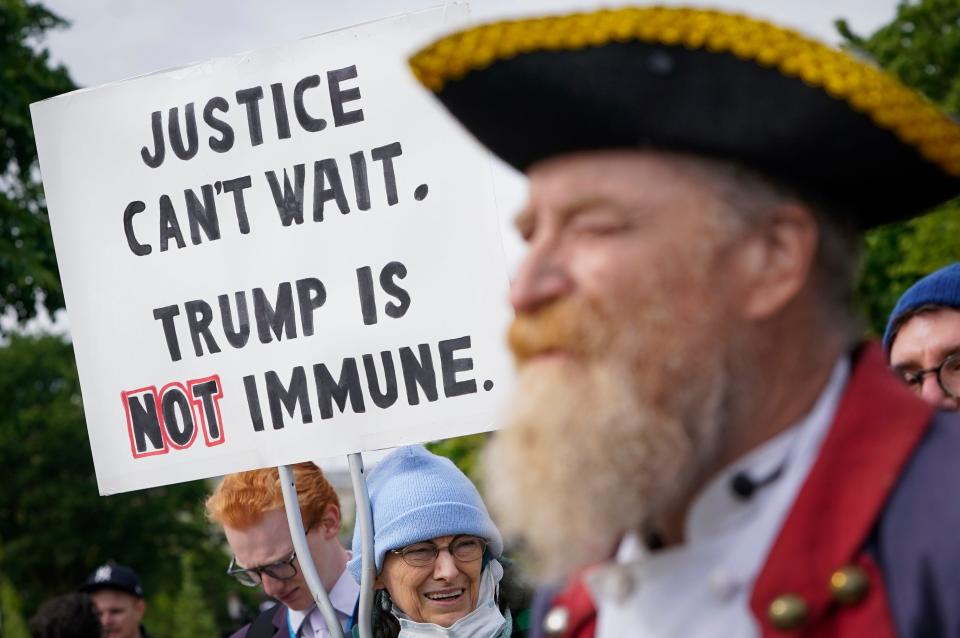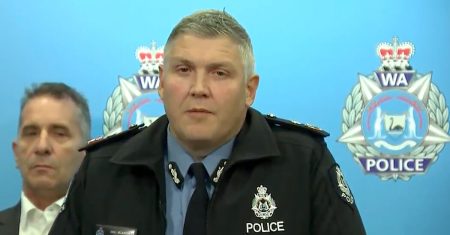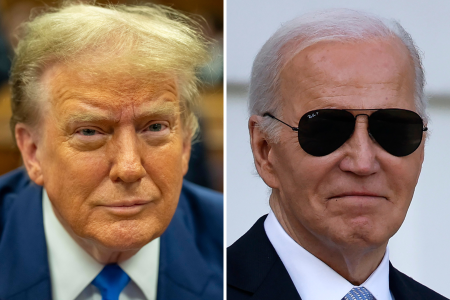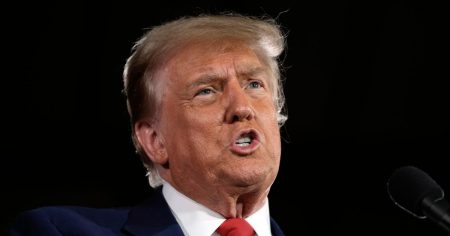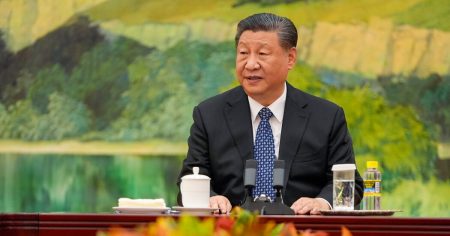Donald Trump’s lawyers argue that presidents are immune from prosecution for any crimes committed while in office, including murder, bribery, and corruption, unless impeached by the House and then convicted by the Senate. The case is being heard by the Supreme Court, where protests are taking place outside. The argument centers around whether presidential motive matters when considering immunity for presidential acts. Justice Neil Gorsuch questioned if a president’s motives should be considered when determining immunity, with the Justice Department arguing that wanting to get re-elected is not an illegal motive.
Justice Samuel Alito raised questions about whether a former president should be left to the mercy of prosecutors and referenced the pliability of grand juries in indicting suspects. Trump is also facing trial in New York on charges of doctoring business records to cover up hush money paid to Stormy Daniels. Additionally, Trump has been named an unindicted co-conspirator in the Arizona fake elector case. Protesters gathered outside the Supreme Court chanted slogans and played music while expressing their views.
Chief Justice John Roberts questioned if there are enough protections against politically driven prosecutions for presidents. The argument is based on the balance between immunity for official acts and prosecution for private acts. Justice Clarence Thomas brought up the 1961 Bay of Pigs invasion of Cuba as an example of overseas acts that presidents may not be prosecuted for due to public authority defense. The balance of conservative and liberal justices on the Supreme Court also plays a role in these deliberations.
The debate also touched on the issue of self-pardoning by presidents, with Justice Neil Gorsuch raising the question but acknowledging that it has never been presented before. The argument raised concerns about the impact the Supreme Court case might have on Trump’s ongoing trial in New York. Justice Sonia Sotomayor challenged the assertion of complete immunity for presidents, noting that some acts are inherently evil and must be prosecuted regardless of presidential status. Demonstrators protested outside the court, demanding an end to the delayed trial in Trump’s case.
Overall, the case raises fundamental questions about the limits of presidential immunity and the potential consequences of granting such immunity. Justices are grappling with issues of protection against politically motivated prosecutions, as well as the distinction between official and private acts. The historical context of presidential prosecutions and the impact on Trump’s ongoing legal battles add complexity to the debate. The outcome of this case could have far-reaching implications for the separation of powers and accountability of presidents for their actions.
